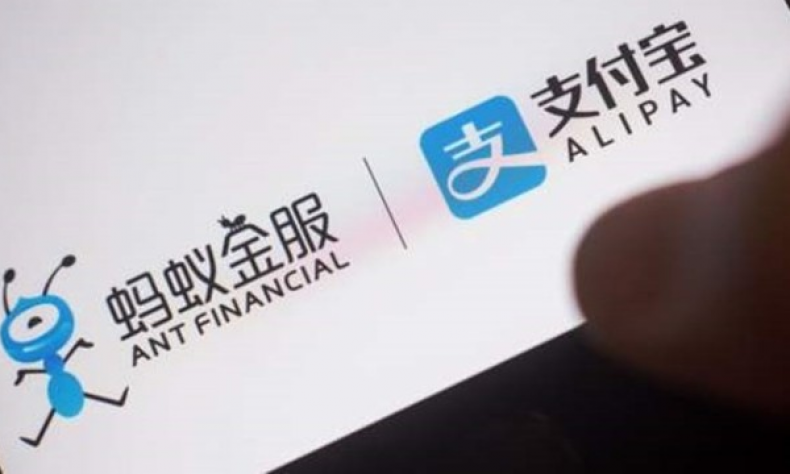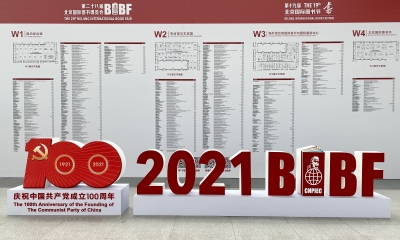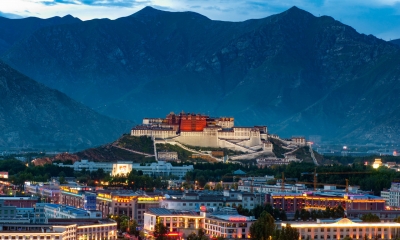Ant Group IPO: Why World’s Most Valuable Start-up Shunned Wall Street for China

Ant Group cited geopolitical tensions between China and the United States as a key factor in its decision to choose Chinese Exchanges over Wall Street.
Preparations for the much-anticipated initial public offering (IPO) of fintech giant Ant Group, are in full swing. The dual listing of the world’s most valuable start-up could come as soon as next month, according to industry insiders.
If estimates are correct, Ant is due to raise a record-breaking $30 billion, and in doing so will become one of the world’s largest financial companies.
Normally, such a colossal flotation would have been a prime candidate for either the New York Stock Exchange or NASDAQ, but will instead be listed on Shanghai’s newly formed STAR board and the Hong Kong Stock Exchange.
The decision to choose China over larger US indexes represents a significant blow to Wall Street and has duly raised some questions: Why China? And, what does this signal for the future of Wall Street?
Why Ant chose China?
In its listing document, Ant cited concerns over “the relationship between China and the United States” as a factor in its decision. Geopolitical tensions, it said “may result in or intensify potential conflicts in relation to territorial, regional security and trade disputes and negatively affect our cross-border business.”
Ant also cited “regulatory challenges and protectionist policies that may support domestic players” as another potential risk factor. One of the biggest concerns — for Ant as well as other Chinese companies — is the Holding Foreign Companies Accountable (HFCA) Act, currently awaiting House of Representatives and Presidential approval. If passed into law, the bill would grant the US Security and Exchange Commission the power to delist foreign companies.
Many consider the bill to be another thinly-veiled move by the Trump administration designed to target China. Indeed, after the bills successful passage through the Republican-controlled Senate in May, shares in major Chinese companies listed in the US fell sharply.
Geopolitical tensions between China and the US was clearly a determining factor in Ant’s decision to overlook Wall Street, but listing in China brings its own benefits too.
First and foremost is the advantage of greater brand awareness. Ant’s flagship online payment platform Alipay boasts 1.3 billion active monthly users — with the majority based in China. Chinese companies like Ant can therefore count on domestic familiarity to boost investor interest, said Michael Wu, a senior equity analyst at Morningstar Investment Management in Hong Kong.
Another factor likely influencing Ant’s decision to choose Shanghai and Hong Kong over the New York is the growing influence and competitiveness of China’s stock markets. In 2009 China overtook the US to become the world’s biggest source of companies going public — both in number and value — and the trend has only continued to grow. During the first half of this year, IPO’s listed in China outnumbered those in the US by almost three to one.
Following Ant’s announcement to list in Hong Kong and Shanghai, the Hong Kong Stock Exchange surged 9.5 percent — posting its largest gains in five years. “Ant Group’s listing in Hong Kong will be a vote of confidence in the city,” said Bruce Pang, head of macro research at China Renaissance Securities Hong Kong.
The Shanghai Stock Exchange also welcomed the potentially record-breaking flotation, noting that the choice demonstrates the attraction and global competitiveness of the STAR Market as the “first choice” for innovative technology companies in China.
What does this signal for Wall Street?
By shunning the US in favour of China, Ant joins a growing number of Chinese companies that are distancing themselves from American exchanges. Alibaba, controlled by Ant Group founder Jack Ma, was one of the first on Wall Street to head for the exit — filing a secondary listing in Hong Kong back in November 2019.
Following the Senate’s passage of the HFCA bill, more and more US-listed Chinese companies have followed suit. In June alone, four Chinese firms including online retailer J.D.com, game developer NetEase, and fast-food operator Yum China, joined Alibaba in filing for secondary listings closer to home.
“Chinese companies are warming up to the idea of holding a second listing,” said one person involved in Yum’s plans. “While the companies can’t be forced off U.S. exchanges for at least three years, they are considering the move given strong reception in Hong Kong.”
Some companies, sensing further geopolitical tensions between Beijing and Washington, are opting instead to leave Wall Street entirely. By July, four Chinese companies including online giant’s Ctrip and 58.com, announced plans to delist from US markets in possible go-private deals.
“Once privatised, these Chinese companies and their new owners will no doubt be pivoting towards Hong Kong and the Chinese mainland if a future relisting is ever on the cards again,” said Steven Tran, a Hong Kong-based partner at law firm Mayer Brown.
In a move set to cause more uncertainty amongst Chinese companies listed on Wall Street, US President Donald Trump has once again talked-up his desire to “decouple” from China. At a press conference earlier this month, Trump said, “Whether it’s decoupling, or putting in massive tariffs like I’ve been doing already, we will end our reliance on China.”
The US President claims that decoupling from China would not have a detrimental impact on America’s economy. However, academic evidence, the disastrous US-led trade war, and the 230 Chinese companies valued at more than $1.8 trillion currently listed on Wall Street, suggests otherwise.
The trend is clear. If Washington continues to exercise open hostility towards China and moves to make Wall Street the arena of its next battle ground, more Chinese companies will follow Ant and choose to move closer to home. Wall Street will suffer an exodus of Chinese companies, which will become a disadvantage to “Make America great again”.
 Facebook
Facebook
 Twitter
Twitter
 Linkedin
Linkedin
 Google +
Google +







